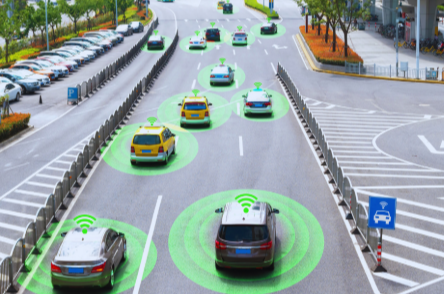How AI Is Shaping the Future of Personalized Shopping
AI is transforming personalized shopping by harnessing the power of data analytics. Retailers now utilize advanced algorithms to interpret consumer preferences and behaviors. This shift enables tailored recommendations, enhancing customer satisfaction and loyalty. Additionally, virtual shopping assistants improve engagement by guiding shoppers through their choices. As these innovations evolve, they signal a future where retail strategies are increasingly driven by individual desires, prompting a reevaluation of traditional shopping experiences. What might this mean for both consumers and retailers?
The Role of Data in Personalizing Shopping Experiences
As consumer preferences evolve, the role of data in personalizing shopping experiences has become increasingly vital.
Data analytics enables retailers to decipher consumer behavior, revealing unique patterns and preferences. By leveraging this information, businesses can tailor their offerings, enhancing customer satisfaction and loyalty.
Ultimately, the integration of data-driven insights empowers consumers, providing them with a shopping experience that reflects their individuality and desires.
Read more: How Artificial Intelligence Is Changing the Job Market
AI-Powered Recommendations and Their Impact on Consumer Choices
The integration of artificial intelligence in retail has revolutionized how consumers receive personalized shopping recommendations.
By leveraging behavioral analytics, retailers can analyze consumer preferences and deliver tailored suggestions, enhancing the shopping experience.
This data-driven approach not only influences purchasing decisions but also fosters brand loyalty, empowering consumers to make informed choices aligned with their unique tastes and preferences in an increasingly diverse marketplace.
Virtual Shopping Assistants: Enhancing Customer Engagement
How can virtual shopping assistants transform the retail experience?
These AI-driven tools enhance customer interaction by providing personalized support and guidance throughout the shopping journey.
By understanding individual preferences, virtual assistants facilitate a more engaging and efficient process, allowing customers to make informed decisions.
This not only fosters a connection between shoppers and brands but also empowers consumers to explore choices freely.
The Future of Retail: Trends and Innovations Driven by AI
While advancements in artificial intelligence continue to reshape various industries, the retail sector stands out with its rapid integration of innovative technologies that enhance the shopping experience.
Automated inventory systems streamline stock management, ensuring products are readily available.
Meanwhile, smart pricing algorithms adjust costs dynamically, responding to market trends and consumer behavior, creating a more personalized and efficient shopping environment that empowers customers to make informed choices.
Conclusion
In a world where AI reigns supreme, personalized shopping experiences are not just a luxury but a necessity, transforming mundane errands into thrilling adventures. As algorithms become the all-seeing oracles of consumer desires, retailers must adapt or risk being swallowed by the tidal wave of innovation. The future promises a shopping landscape so tailored that every purchase feels like a personal gift, leaving brands and consumers alike in a euphoric dance of loyalty and satisfaction.





